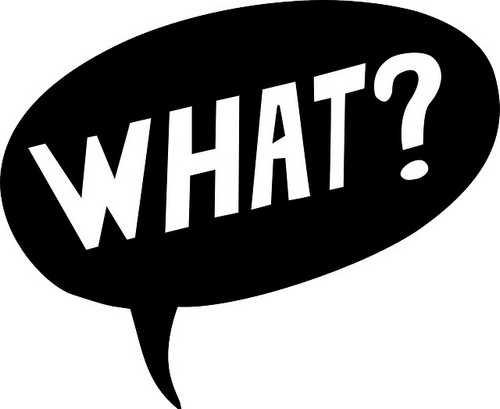Traditional Publishing. Back in the day, the only way you could get a book published—other than paying a vanity press to print it for you—was to find an agent who would submit your book to publishers. This was a long and frustrating process, fraught with rejection letters. Now, of course, you can publish your work yourself. But traditional publishing is still important, and may be the best way for you. And a lot of authors have started out as independents and then gotten deals with traditional publishers. Of course, there’s a bit of jargon in that world too.
Literary Agent: We typically just call them an “agent”. An agent manages the business interests of the author and their work. They’re the middle-man between the author and the publishing houses. Do a search for “how to find a literary agent” and you’ll find a lot of good information.
Editor: An editor helps you get your book into shape for publication. This can include anything from looking for typos and punctuation errors (copyediting); to making suggestions on plot, character development, and writing style (line editing); to a high-level analysis of the work including story arc, genre expectations, inconsistencies, and marketability (developmental editing). Publishing houses typically have a staff of editors, and there are also independent (freelance) editors.
Acquisitions Editor: The acquisitions editor at a publishing house is responsible for finding works for publication. They may get manuscripts from literary agents or directly from authors who have an established relationship with the house. Some publishers will accept unsolicited manuscripts, but this is rare. Small presses may be more likely to consider unsolicited manuscripts from independent or unpublished authors. Here’s a good description of the role of the acquisitions editor: What’s an acquisitions editor?
Proofreader: Proofreading is the last step before publication. The proofreader ensures that the work is free of any errors, including formatting errors. This term comes from one of the definitions of the word “proof”: a test applied to articles or substances to determine whether they are of standard or satisfactory quality.
Small Press: A small press is a publishing house that has sales far below the billion-dollar “Big Five”: Penguin Random House, Hachette Livre, HarperCollins, Macmillan Publishers, and Simon & Schuster.
Small presses pull far less than ten figures a year. But they maintain strong brand identities with their highly curated lists, winning devotion from authors and readers alike. Most of their output consists of indie critical darlings — the kind of sophisticated, imaginative books that other writers adore, even if they’re unlikely to show up in an airport bookshop.
What is a Small Press? (And Should Authors Use Them?)
Pitch Session: A short session with an agent to tell them the basics of your story. You want to interest them enough that they’ll ask you to send them a few chapters, or even the complete work. A lot of writers’ conferences offer pitch sessions.
Elevator Pitch: A very short pitch—about 30 seconds—that you can give during an elevator ride. A good elevator pitch consists of three parts: 1. Someone was doing something; 2. When something happened; 3. And then they had to do something about it. For example: 1. A medical engineer is on her first space shuttle mission; 2. When the shuttle is destroyed by space debris; 3. And then she has to survive and get back to Earth. (Yes, that’s the plot of “Gravity”. Which is is very important when you’re in an elevator.)
Query Letter: A query letter is a formal letter to an agent or publishing house to propose a work or to consider a completed work for publication. Query letters are also sent to magazine or blog editors to solicit work. A query letter should include a description of the work; the author’s biography, including previous publications; and the audience for the work. It’s important when writing a query letter to research the publisher’s requirements for subject matter, style, length, audience, etc. You don’t want to send a query for a 10,000-page horror novel to a small press that specializes in historical romance! Do a search for “query letter” and you’ll find a lot of advice on how to write a good query letter.
Blurb: A short, attention-getting description of the story that goes on the back cover of a book. Blurbs can also be used in social media posts. Here’s the blurb for a very popular book.
When literature student Anastasia Steele goes to interview young entrepreneur Christian Grey, she encounters a man who is beautiful, brilliant, and intimidating. The unworldly, innocent Ana is startled to realize she wants this man and, despite his enigmatic reserve, finds she is desperate to get close to him. Unable to resist Ana’s quiet beauty, wit, and independent spirit, Grey admits he wants her, too—but on his own terms.
Shocked yet thrilled by Grey’s singular erotic tastes, Ana hesitates. For all the trappings of success—his multinational businesses, his vast wealth, his loving family—Grey is a man tormented by demons and consumed by the need to control. When the couple embarks on a daring, passionately physical affair, Ana discovers Christian Grey’s secrets and explores her own dark desires.
Much like movie trailers, sometimes the blurb is better than the book.
Are there any acronyms, terms, or phrases that you’ve run into that I haven’t covered here? Please post them in the comments!

